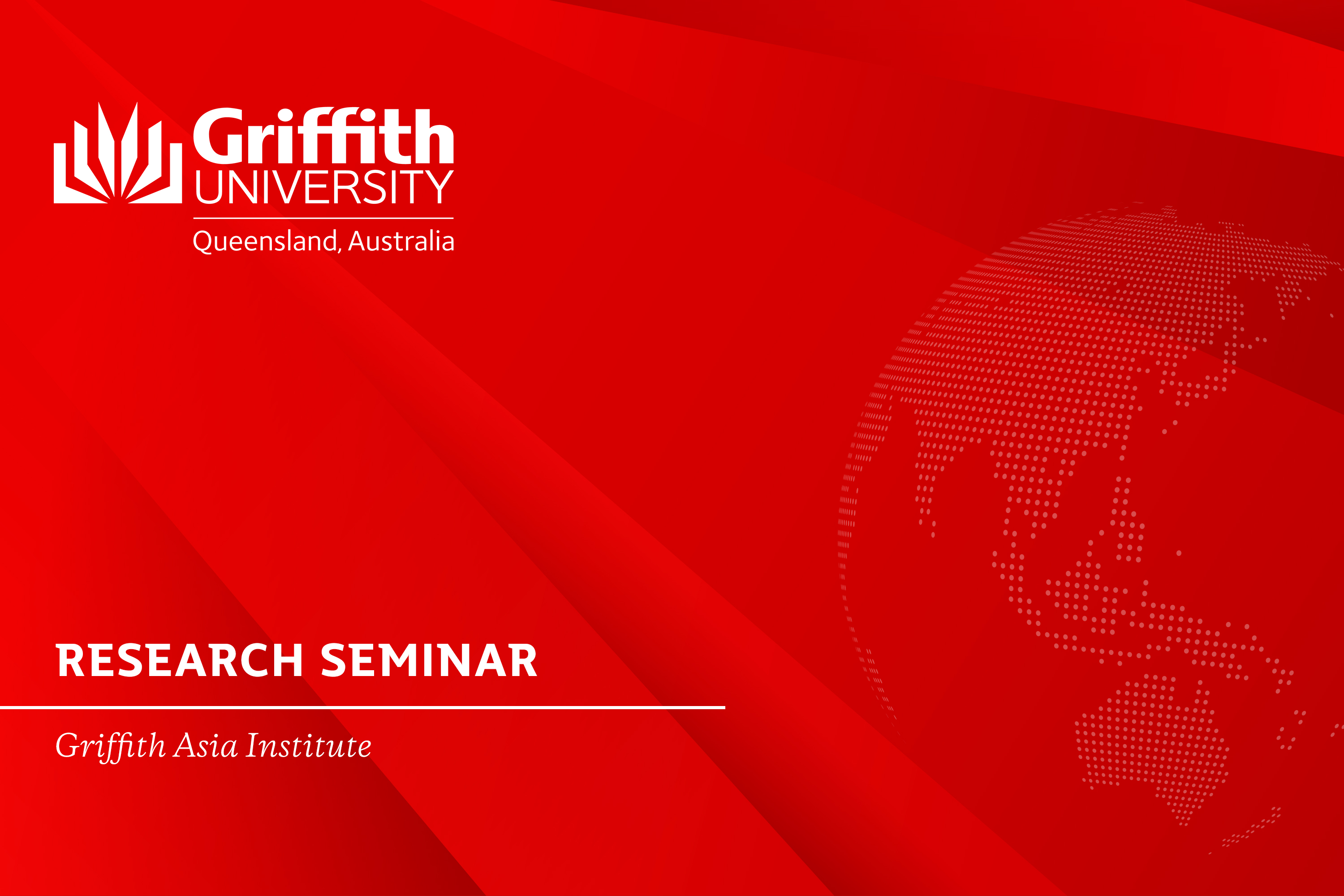
Principal speaker
Dr Michael Clarke, National Security College, The Australian National University.
The Xinjiang Uyghur Autonomous Region (XUAR) is now the site of the largest mass repression of an ethnic and/or religious minority in the world today. Researchers estimate that since 2016 one million people have been detained without trial in the XUAR. In the "re-education" centres these individuals are subjected to deeply invasive forms of surveillance and psychological stress as they are forced to abandon their native language, religious beliefs and cultural practices. Outside of the detention centres, more than 10 million Turkic Muslim minorities in the region are subjected to a dense network of hi-tech surveillance systems (including key elements of China's "social credit" system), checkpoints, and interpersonal monitoring which severely limit all forms of personal freedom.The Chinese government is now receiving increased international pressure over its archipelago of detention and broader "security state" in Xinjiang. Beijing has responded with a flurry of contradictory rhetoric, first denying that the camps existed, then attempting to portray them as voluntary "vocational training" centres, and most recently claiming that the international community should learn from what China claims is a preventative "counter-terrorism" measure.
This seminar provides an exploration of a number of critical questions with respect to the Xinjiang emergency: what factors (historical, political/ideological, social) have contributed to the CCP's turn to mass "re-education" at this juncture; what are the implications of the detention centres for the governance of Xinjiang (and China more broadly); and what are the implications for China's foreign policy? It argues with respect to each of these questions that: (i) the decision to implement "re-education" in Xinjiang can be seen as response to perceived insecurity in the region between 2009 and 2014; (ii) the turn to "re-education" in Xinjiang is emblematic of a "biopolitical" turn in the CCP's approach to governance; and (iii) China is seeking to export both the methodology and technology underpinning the "security state" in Xinjiang abroad.
Dr Michael Clarke is Associate Professor at the National Security College, ANU, and Director of the ANU-Indiana University Pan-Asia Institute. He is an internationally recognised expert on the history and politics of the Xinjiang Uyghur Autonomous Region, People's Republic of China (PRC), Chinese foreign policy in Central Asia, Central Asian geopolitics, and nuclear proliferation and non-proliferation. He is the author of Xinjiang and China's Rise in Central Asia - A History (Routledge 2011), author (with Andrew O'Neil and Stephan Fruhling), of Australian Nuclear Policy: Reconciling Strategic, Economic and Normative Interests (Routledge 2015), editor of China's Frontier Regions: Ethnicity, Economic Integration and Foreign Relations (I. B. Tauris 2016), editor (with Anna Hayes) of Inside Xinjiang: Analysing Space, Place and Power in China's Muslim North-West, (Routledge 2016), and editor of Terrorism and Counterterrorism in China: Domestic and Foreign Policy Dimensions, (Hurst/Oxford University Press 2018). His commentary on these areas of expertise has also been published by Foreign Policy, Wall Street Journal, CNN, BBC News, The Diplomat, The Age, The Australian, South China Morning Post, The National Interest and War on the Rocks amongst others.
Event categories
RSVP
RSVP on or before Monday 15 July 2019 , by email events-gai@griffith.edu.au , or by phone 07 3735 4705
Event contact details
- Kahlia Bartley
- events-gai@griffith.edu.au
- 07 3735 4705